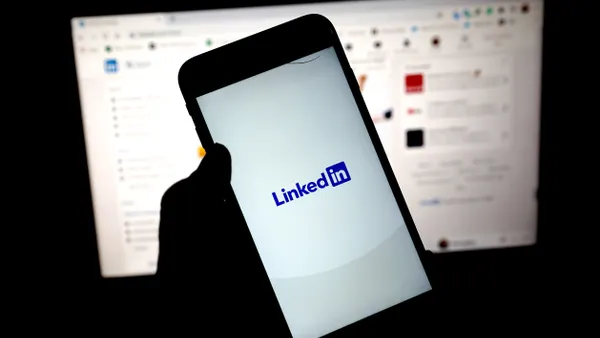Most hiring managers feel skeptical about the capabilities and professionalism of young workers joining the workforce, with 1 in 6 saying they’re reluctant to hire the cohort, according to a May 6 report from Resume.org.
More than half of hiring managers said recent graduates were unprepared for the workforce and difficult to manage, while 78% said recent graduates spend too much time on their phones.
“Colleges don’t teach students how to behave in the workplace, and there is a lack of transitional support from both universities and employers,” Irina Pichura, Resume.org’s career coach, said in a statement. “Most students graduate with little exposure to professional environments, so when they arrive at their first job, they’re often learning basic workplace norms for the first time.”
In a survey of 1,000 hiring managers, 8 in 10 said a recent college graduate didn’t work out at their company during the past year, 7 in 10 said they put recent hires on performance improvement plans, and 65% said they had to fire a recent graduate. Only 58% said they’d consider hiring from the graduating class of 2025.
Among the companies where recent graduates didn’t work out, nearly half of hiring managers said the top issue was a lack of motivation or initiative. In addition, they noted a lack of professionalism (39%), excessive phone use (39%), poor time management (38%) and an attitude of indifference (37%). Others also pointed to poor communication skills, difficulty handling feedback and an inability to adapt to company culture.
In day-to-day experiences, 87% of managers said recent graduates are often or sometimes on their phones during work hours. Beyond that, 72% said these employees often or sometimes struggle to manage their workload, and 60% said recent graduates turn in assignments late.
In terms of skills and qualities that would boost the likelihood of hiring these candidates, managers most often asked for initiative, a positive attitude, a strong work ethic, adaptability, openness to feedback, punctuality and strong interpersonal skills. In contrast, few managers said factors like avoiding political talk or having a polished social media presence would influence their decision.
Generation Z workers appear to be stressing out managers, with 1 in 4 saying they’d avoid hiring them if they could and nearly 1 in 5 thinking about quitting due to the stress, according to a report from Intelligent.com. In response, managers are altering their management style to accommodate younger workers that require more time and resources.
Managers can help struggling Gen Z employees fit into the workplace, HR experts told HR Dive. A structured onboarding process can help Gen Z workers understand their jobs and expectations, and foster a sense of belonging can build purpose, job satisfaction and well-being, the experts said.











